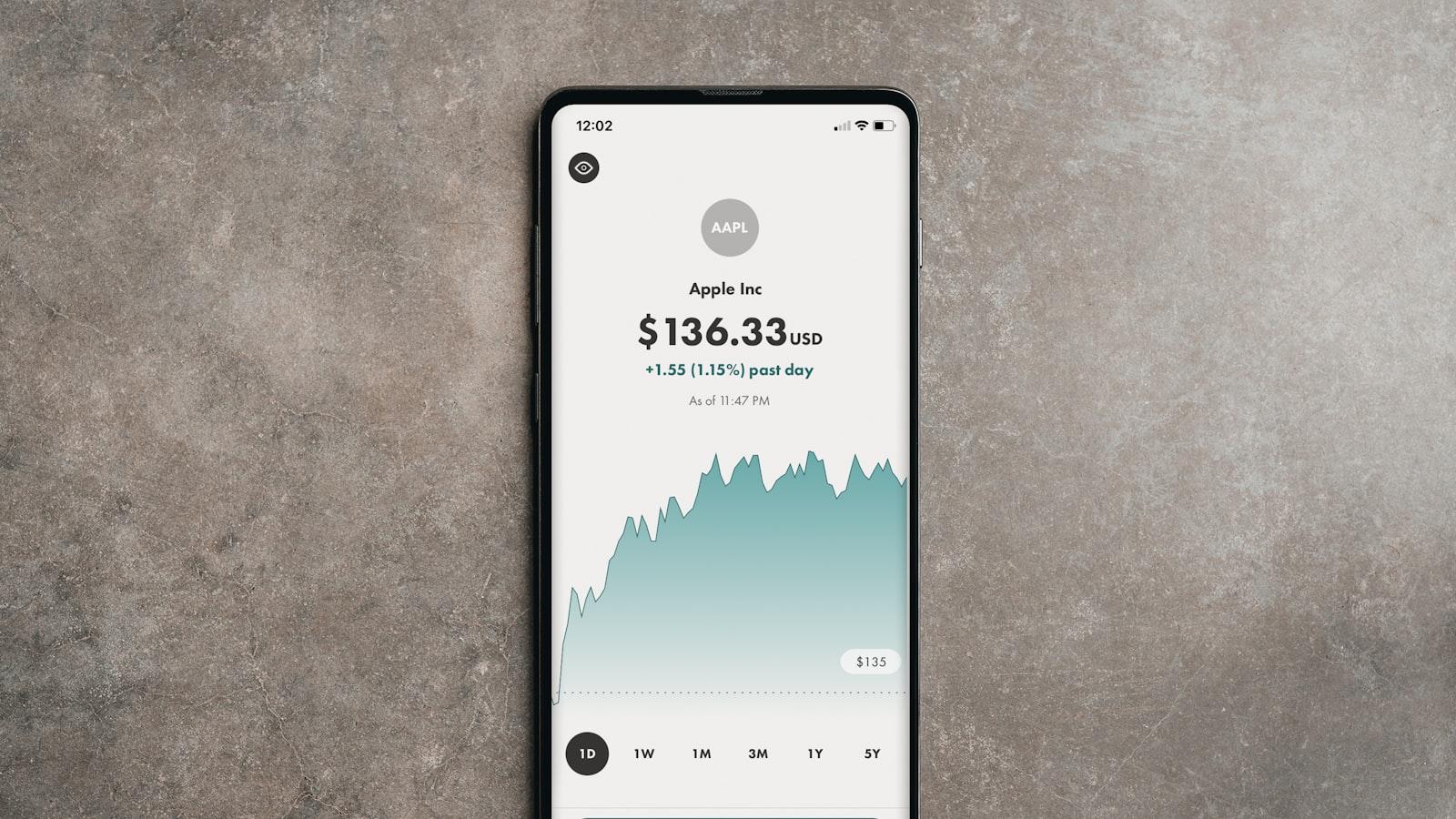Debt can easily become a heavy burden that weighs on your mind and financial well-being. However, with the right techniques and strategies, you can effectively manage your debt and work towards reducing it. In this article, we will explore some effective debt management tips to help you take control of your finances and alleviate the stress of debt.

Understanding Your Debt and Creating a Plan
Understanding your debt is the first step in taking control of your financial situation. Begin by gathering all your financial statements and bills to get a clear picture of your debt. Once you have a comprehensive view of what you owe, categorize your debts into different types such as credit card debt, student loans, or medical bills. This will help you prioritize which debts to tackle first.
Creating a plan to manage your debt is crucial for achieving financial stability. Start by listing out all your debts along with their balances, interest rates, and monthly payments. Next, consider implementing some effective debt management techniques such as debt snowball or debt avalanche to pay off your debts efficiently. Remember to also explore options like debt consolidation or debt settlement if needed to help reduce your burden.

Implementing Budgeting Strategies to Tackle Debt
When it comes to managing debt, implementing effective budgeting strategies is essential in reducing financial burdens. By creating a detailed budget and sticking to it, individuals can take control of their finances and work towards paying off debts. One technique to consider is the snowball method, where you focus on paying off your smallest debts first while making minimum payments on larger debts.
Additionally, developing a spending plan can help prioritize essential expenses while cutting back on non-essential purchases. This may involve tracking expenses, setting financial goals, and finding ways to increase income. By being proactive and disciplined in budgeting, individuals can make significant strides in tackling debt and improving their financial well-being.

Exploring Debt Consolidation and Negotiation Options
When it comes to managing debt, exploring debt consolidation and negotiation options can be incredibly helpful in reducing your financial burden. Debt consolidation involves combining multiple debts into a single loan with a lower interest rate, making it easier to manage and potentially saving you money in the long run. By consolidating your debts, you can streamline your monthly payments and simplify your financial situation.
Another effective technique for managing debt is negotiation. Negotiating with creditors can help you reduce the total amount you owe and potentially lower your interest rates. By reaching out to your creditors and discussing your financial situation openly and honestly, you may be able to work out a repayment plan that is more manageable for you. It’s important to be proactive and communicate with your creditors to find a solution that works for both parties.
Seeking Professional Assistance for Long-term Debt Relief
Managing long-term debt can be a daunting task, but seeking professional assistance can provide much-needed relief. With the help of experienced financial experts, you can develop a customized debt management plan that suits your unique situation. Professional debt relief services can offer a range of solutions, from debt consolidation to negotiating with creditors on your behalf.
By enlisting the help of professionals, you can take the first step towards reducing your debt burden and regaining control of your finances. With their guidance and support, you can work towards a debt-free future and alleviate the stress that comes with long-term financial struggles. Don’t hesitate to reach out for help – it could be the first step towards a brighter financial future.
Q&A
Q: What is debt management and why is it important?
A: Debt management involves strategies and techniques to help individuals and businesses effectively handle and reduce their debt burden. It is important because it can prevent financial stress, improve credit scores, and ultimately lead to financial freedom.
Q: What are some effective debt management techniques?
A: Some effective debt management techniques include creating a budget, prioritizing high-interest debt, negotiating with creditors for lower interest rates or payment plans, consolidating debt, and seeking assistance from credit counseling agencies.
Q: How can budgeting help in managing debt?
A: Budgeting allows individuals to track their income and expenses, identify areas where they can cut costs, and allocate funds towards paying off debt. It helps in creating a realistic plan to manage debt effectively.
Q: Is debt consolidation a good option for managing debt?
A: Debt consolidation can be a good option for managing debt, especially if it involves combining multiple debts into a single loan with a lower interest rate. However, it is important to carefully consider the terms and fees associated with consolidation and ensure that it aligns with your financial goals.
Q: How can one stay motivated while paying off debt?
A: Staying motivated while paying off debt can be challenging, but setting clear goals, tracking progress, celebrating small victories, and seeking support from friends and family can help individuals stay focused and motivated to reduce their debt burden.
Wrapping Up
In conclusion, effective debt management is crucial in maintaining financial stability and peace of mind. By implementing the techniques mentioned in this article, you can take control of your debts and reduce your burden over time. Remember, managing debt is a journey, not a destination. Stay committed, stay focused, and watch as your financial future grows brighter with each step. Here’s to a debt-free life ahead!



[…] High monthly payments […]
[…] Another helpful step is to consolidate or refinance your loans, potentially securing a lower interest rate and simplifying your monthly […]
[…] days? Or maybe you’ve seen your investment returns doing a weird little dance? High-interest rates could be the sneaky culprits behind these changes. Don’t worry, though—this isn’t […]
[…] over your financial life? Whether you’re applying for a loan, seeking to snag a lower interest rate, or just trying to rent an apartment, your credit score is like the backstage […]
[…] prioritize your savings. Emergencies are unexpected costs that can put you in a tight spot, such as medical bills, car repairs, or sudden job loss. Opportunities, on the other hand, are beneficial events you […]
[…] all out, but it seems to hit millennials a bit differently. Whether it’s student loans, high rent prices, or just trying to save a little extra for the future, […]
[…] Debt can be a huge factor. High-interest debt, like credit card debt, can eat up a big chunk of your income each month. Focusing on paying down debt can […]
Howdy! This post couldn’t be written any better! Reading this post reminds me of my old room mate! He always kept talking about this. I will forward this post to him. Fairly certain he will have a good read. Many thanks for sharing!
Thank you for your kind words! I’m glad you find the articles helpful. Of course, I’d be happy to provide more information. Is there a specific area of debt management you’re interested in, or any particular questions you have? Feel free to let me know, and I’ll do my best to help!